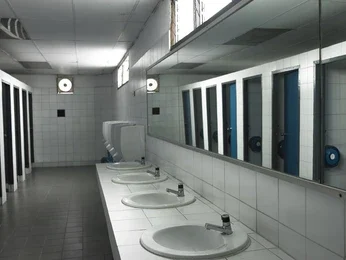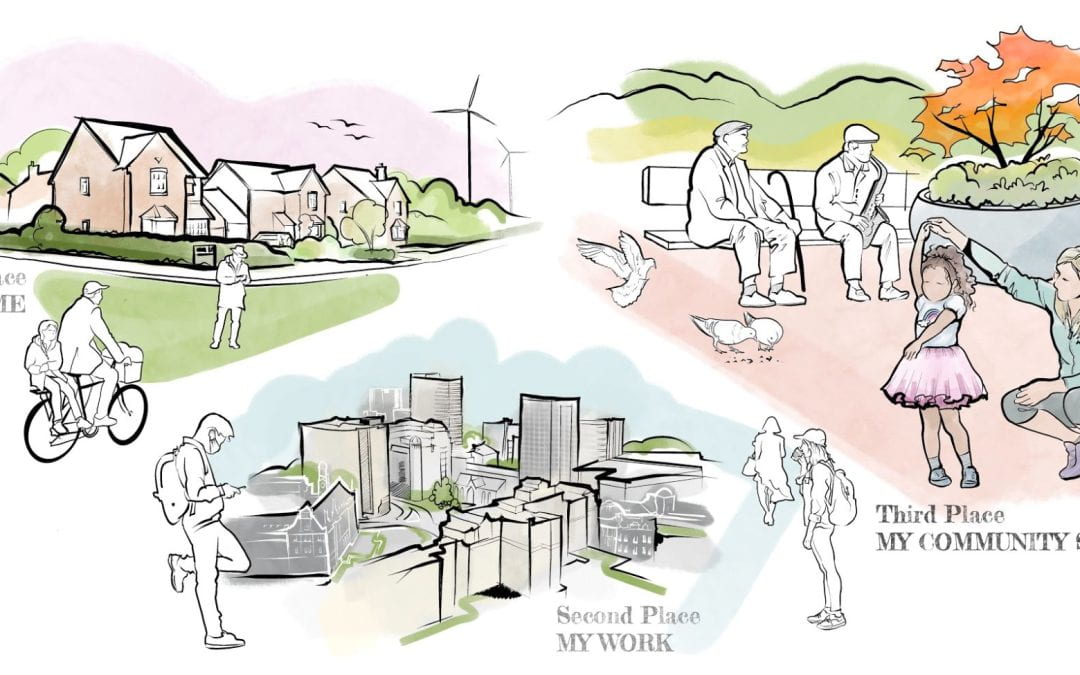Zoom School: Does it Slow Down Learning?
February 9, 2021
Last March, I would study until midnight to get an A on my geometry test. This year though, I barely have to study at all because my classes either don’t have real tests or the tests are open-book. Sound familiar? Schoolwide, the shift to virtual learning has created an environment where certain students are able to meet expectations for their grades with very little effort. The engagement between students and the information they’re learning is becoming more and more tenuous.
Within Hastings, it is well known that many high school students feel pressured to get good grades for collegiate prospects and their parents’ high expectations. So, with high test scores rolling in easily, how has the pressure on high schoolers to succeed academically changed this year? Has virtual learning, perhaps, alleviated a certain academic stress to get “good” grades? And, if so, have students taken this opportunity to learn for the sake of learning and not to just gain participation points?
In an ideal world, everyone might expect students to become more passionate about their subjects and new ideas they are learning. However, many students and teachers alike are seeing quite the opposite. “It’s easier to watch the clock than the class itself,” remarks one student about their engagement in class. When online, students can put in minimal effort academically by turning off their cameras during lectures and zoning out. When it comes to tests, they have the advantages of phones, computers, cheat sheets, nearby notebooks, and the many other methods of cheating that they have discovered in their search to avoid work.
Accompanying this trend is an even higher emphasis on GPA. One student noted, “I am more focused on grades. Not to mention it is all we have to go off of currently.” Rather than classroom connections and student-teacher relationships, students are left with their final grade being the only thing they are “working” towards, and the sole indicator of success in a class.
As such, many students go to school these days by simply pressing a few buttons, and then not speaking once during class. One student reported having little “motivation to speak” and would “rather turn [their] camera off.”
“Being able to play on my phone or watch YouTube during a lesson with no consequences makes it hard to want to stay focused,” explained another student.
Plus, explained another, there are so “many resources surrounding [us] to get the right answer in order to secure a good grade.” During school, students in many classes barely need to stay present in class to get their desired grade; they can just search up the answers necessary to get a 100 on an assignment.
One important goal of school is to gain knowledge for success in the outside world, but since remote learning started and school has had little face-to-face interaction, it seems that doing as little as possible for higher grades has taken over the learning process. The problem we face is that we should be paying more attention to putting effort into what we are passionate about.
Especially in the remote learning world, school has turned into an environment where learning is greatly distanced from actually having to be in a classroom and pay attention. Going forward, students need a way to engage in their subjects rather than just worrying about grades and finding new ways to cheat on tests.



















juliacav_ • Feb 11, 2021 at 7:26 pm
Hey this is so good!!! I totally agree 🙂 maybe I’ll shout you out on tiktok